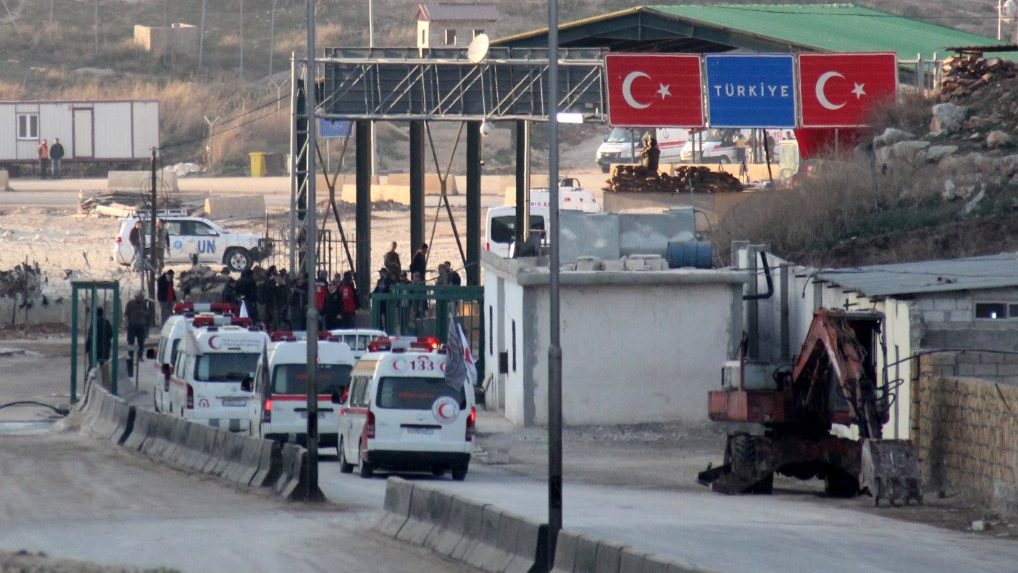Saturday marked two years since the signing of the truce agreement between Turkey and Russia over Syria’s northwestern Idleb province and some regions of the Hama, Aleppo, and Lattakia provinces.
The agreement allowed Turkey to bolster its military positions along over 78 posts. It has also deployed hundreds of heavily armored vehicles and thousands of troops.
In spite of the agreement, the past two years have witnessed violations of the truce in opposition-held regions by the regime and the Russian air force. Hundreds of innocent civilians were killed in the attacks and thousands of others fled to the Jabal al-Zawiya area in southern Idleb.
On March 5th, 2020, Russian President Vladimir Putin and Turkish President Recep Tayyip Erdogan agreed to a ceasefire in Idleb to contain the fighting between the opposition and regime forces after the latter had carried out a wide-scale operation, backed by Russia, against Idleb.
Read Also: Recap: Civilians Under Fire After Escalation in Idleb
The fighting at the time led to the displacement of nearly a million people from Idleb and the death of dozens. Turkey was forced to bring in more troops to contain the situation.
The de-escalation regions, as they are known, have witnessed relative calm in recent weeks. Russian jets rarely fly over the areas. The calm is welcome after two years of airstrikes and attacks by the regime and its allied militias against the opposition. The attacks targeted vital facilities, including water pumping stations, medical centers, and displacement camps.
Over 270 people, including 120 women and children, were killed in the unrest. Four massacres were reported in the Maarat Masrin and Ariha regions and the villages of Mashoun, Balshoun, and Balyoun in Jabal al-Zawiya.
Idleb has in recent weeks witnessed military operations by the U.S.-led international coalition fighting ISIS. Drone attacks targeted members of various extremist factions, including the Hurras al-Din group. Another notable attack led to the killing of ISIS leader Abdullah Qardash in Atmeh in northern Idleb in early February.
Amid the calm, the economy has slowly started to pick up. Administrations in Idleb have started to operate using the Turkish lira instead of the plummeting Syrian pound, demonstrating the extent of Ankara’s influence.
The Syrian-Turkish border in Idleb has become the province’s window to the world. Turkish commercial goods and food, new and used European and Asian cars, and oil derivatives are all brought in from across the border into Idleb.
The Syrian Observer has not verified the content of this story. Responsibility for the information and views set out in this article lies entirely with the author.


